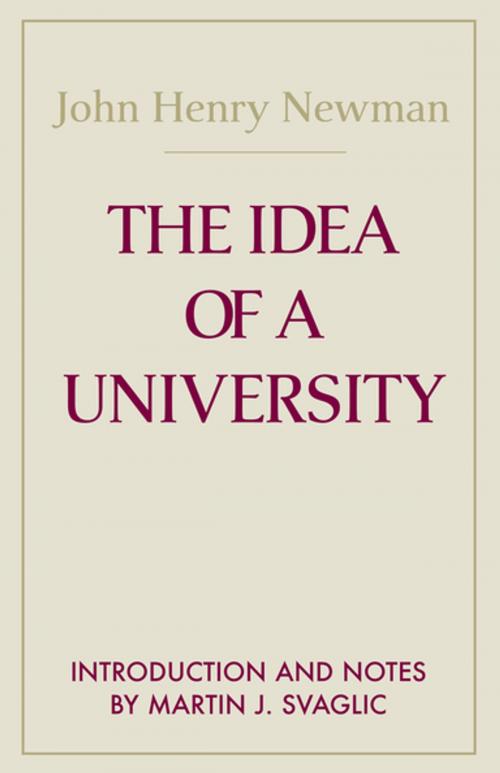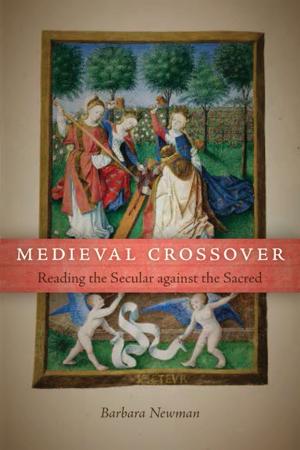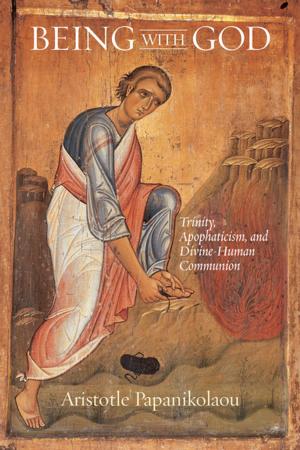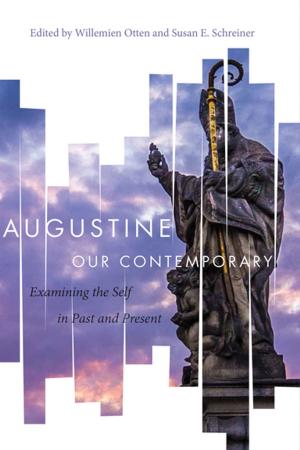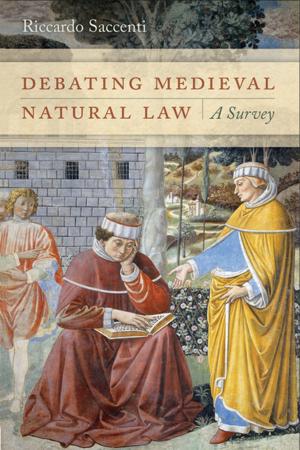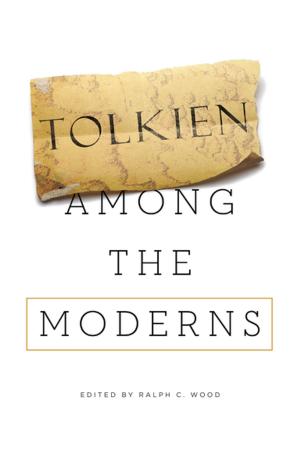Idea of a University, The
Nonfiction, Reference & Language, Education & Teaching, History, Religion & Spirituality, Reference, Education, Modern, 19th Century| Author: | John Henry Cardinal Newman | ISBN: | 9780268158101 |
| Publisher: | University of Notre Dame Press | Publication: | October 31, 1992 |
| Imprint: | University of Notre Dame Press | Language: | English |
| Author: | John Henry Cardinal Newman |
| ISBN: | 9780268158101 |
| Publisher: | University of Notre Dame Press |
| Publication: | October 31, 1992 |
| Imprint: | University of Notre Dame Press |
| Language: | English |
"The Idea of a University [is an] eloquent defense of a liberal education which is perhaps the most timeless of all [Newman’s] books and certainly the one most intellectually accessible to readers of every religious faith and of none. . . . [O]nly one who has read The Idea of a University in its entirety, especially the nine discourses, can hope to understand why its reputation is so high: why the first reading of this book has been called an ‘epoch’ in the life of a college man; why Walter Pater thought it ‘the perfect handling of a theory’; why the historian G. M. Young has ranked it with Aristotle’s Ethics among the most valuable of all works on the aim of Education; or why Sir Arthur Quiller-Couch told his students at Cambridge that ‘of all the books written in these hundred years there is perhaps none you can more profitably thumb and ponder.’” —from the introduction by Martin J. Svaglic
"The Idea of a University [is an] eloquent defense of a liberal education which is perhaps the most timeless of all [Newman’s] books and certainly the one most intellectually accessible to readers of every religious faith and of none. . . . [O]nly one who has read The Idea of a University in its entirety, especially the nine discourses, can hope to understand why its reputation is so high: why the first reading of this book has been called an ‘epoch’ in the life of a college man; why Walter Pater thought it ‘the perfect handling of a theory’; why the historian G. M. Young has ranked it with Aristotle’s Ethics among the most valuable of all works on the aim of Education; or why Sir Arthur Quiller-Couch told his students at Cambridge that ‘of all the books written in these hundred years there is perhaps none you can more profitably thumb and ponder.’” —from the introduction by Martin J. Svaglic
